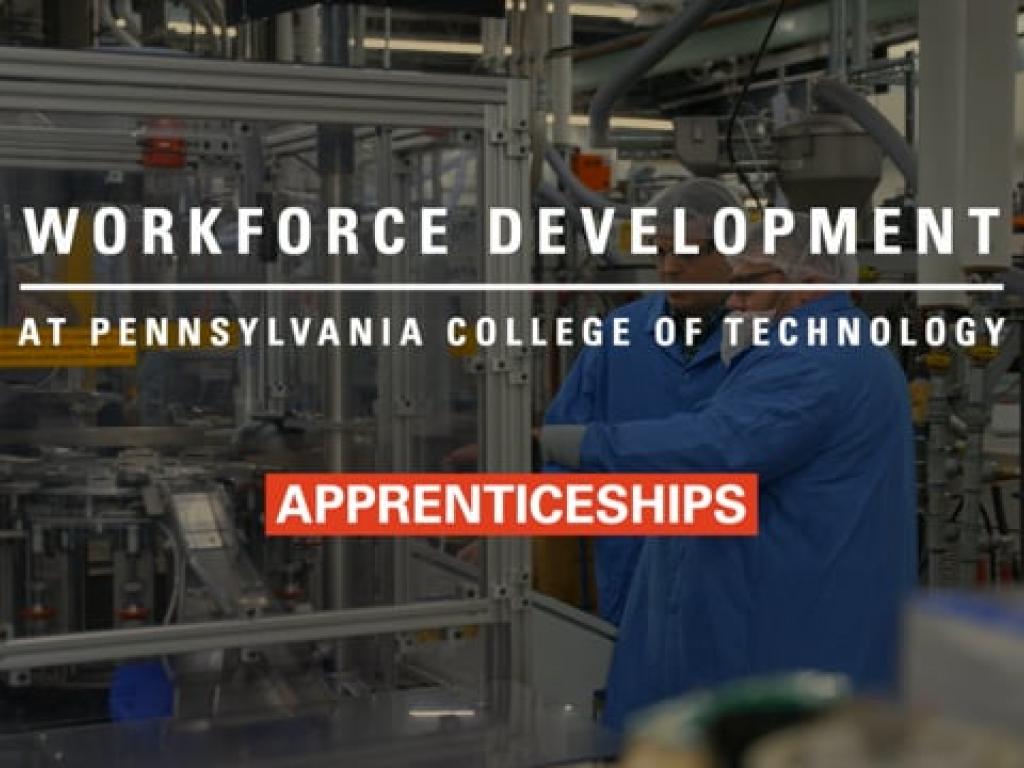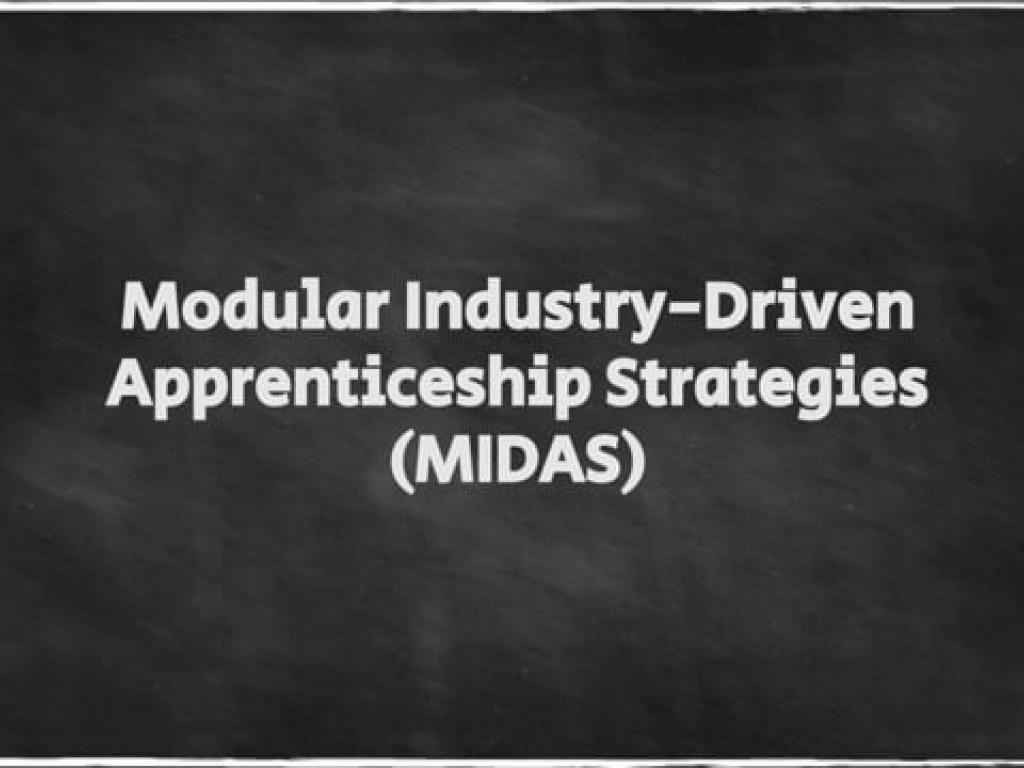Apprenticeship as a solution to the skills gap
Check out this video to explore the proven apprenticeship pathways at Penn College. In this five-minute video, you’ll hear from companies and apprentices who’ve experienced firsthand benefits. From facilitating talent development and life-enhancing employee growth to promoting productivity and efficiency, you’ll learn how the apprenticeship model at Penn College has become a proven solution for addressing the skills gap.
















